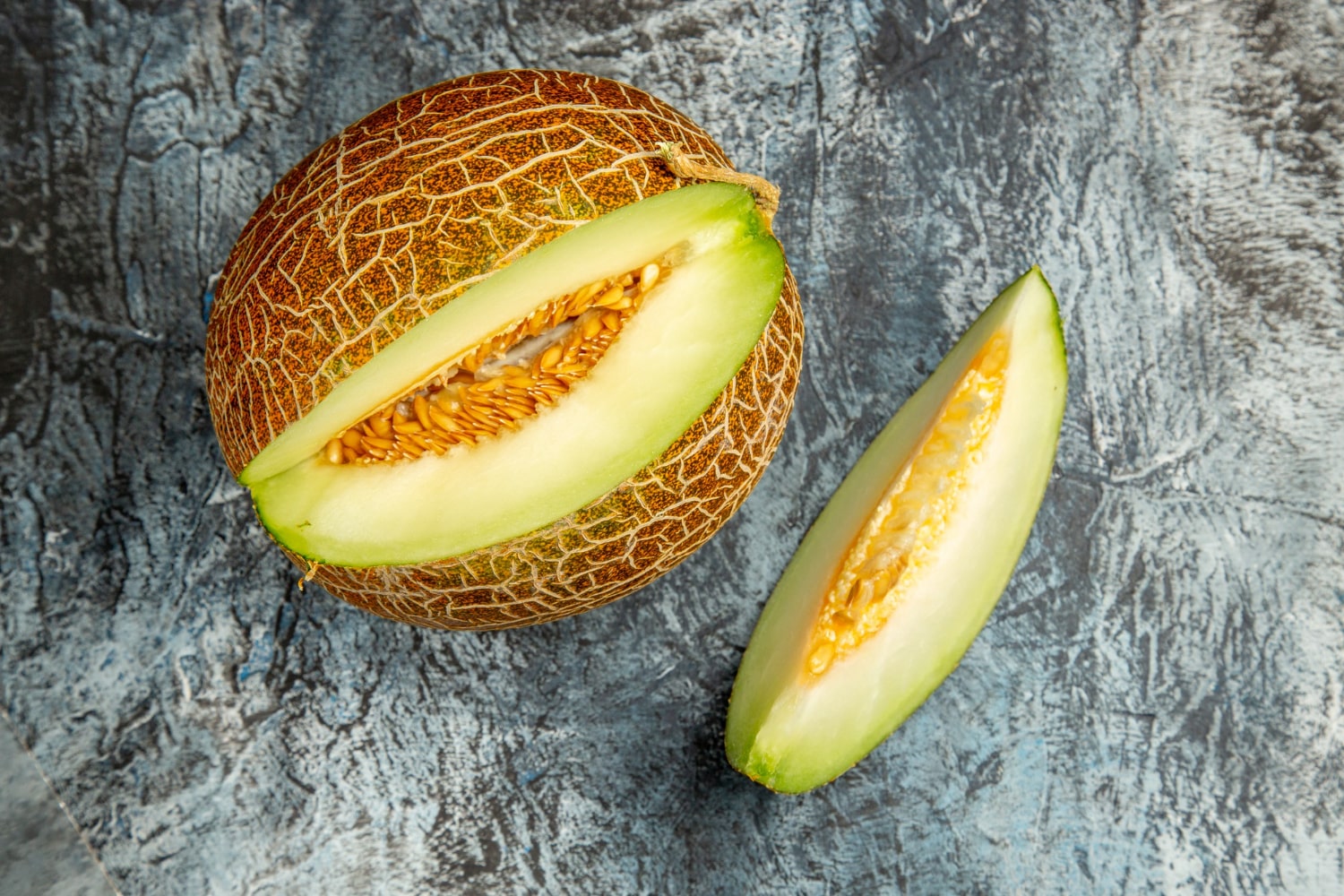Melon is one of the most iconic summer fruits, appreciated for both its sweet taste and health benefits. Its refreshing juiciness makes it a perfect treat during hot days. Melons have been cultivated for thousands of years and have played a role in various cultures around the world. In some countries, they symbolize health and prosperity and are even given as gifts. Below are some interesting and educational facts about melons that you may not know.
- Melon belongs to the Cucurbitaceae family, which also includes cucumbers, zucchinis, and pumpkins. From a botanical perspective, melon is considered a berry because it develops from a single flower and contains seeds surrounded by flesh. While most people think of it as a fruit, its scientific classification is more complex. This makes it a unique addition to a balanced diet.
- The oldest evidence of melon cultivation dates back about 4,000 years and was found in ancient Egypt. Melon seeds were discovered in the tombs of pharaohs, showing the fruit’s significance in early civilizations. Egyptians believed melons symbolized life and rebirth. They were even used in religious rituals.
- One of the most recognized varieties is cantaloupe, named after the Italian town of Cantalupo. This melon was once cultivated in the papal gardens and is known for its netted rind and orange flesh. Its intense fragrance and sweet taste make it highly popular. In the United States, cantaloupe is the most commonly consumed melon.
- Melon is composed of more than 90 percent water, making it excellent for hydration. On hot days, it serves as a natural way to quench thirst and replenish fluids. The potassium in melon helps maintain electrolyte balance. It is particularly beneficial for those engaged in physical activity.
- In Central Asia, especially in Uzbekistan, more than 150 varieties of melon are grown. These differ not only in appearance but also in taste, aroma, and texture. Melons are a source of national pride and cultural heritage there. Tashkent even hosts a museum dedicated to melons.
- Melon contains beta-carotene, which the body converts into vitamin A, supporting vision, skin health, and immunity. It is also a source of vitamin C, which helps fight infections and supports cell regeneration. Regular melon consumption can improve skin condition and slow aging. Freshly harvested melon offers the best flavor and nutritional value.
- Melon has diuretic properties and helps eliminate excess fluids and toxins from the body. It is recommended for people with swelling or those undergoing detox diets. It acts gently and without side effects. It can be an ideal addition to cleansing programs.
- In 2009, an American farmer grew the world’s largest melon, which weighed over 118 kilograms. It was recorded in the Guinness World Records. This demonstrates how enormous melons can become with proper care. Most melons, however, weigh between 1 and 3 kilograms.
- Melons have a low glycemic index, which means they can be safely eaten in moderation by people with diabetes. Their natural sweetness does not cause rapid spikes in blood sugar. As part of a balanced diet, they make a healthy snack. They are suitable for those monitoring their glucose levels.
- Melon seeds are also edible and rich in protein, healthy fats, and fiber. In many countries, they are dried and consumed as snacks or added to baked goods. They have a mild, nutty flavor. In traditional medicine, they are believed to have anti-inflammatory properties.
- In Japan, Yubari melons are considered a luxury fruit. They are grown in special greenhouses where each fruit receives individual care, including hand-massaging. These melons are often given as prestigious gifts. In 2019, a pair of Yubari melons was sold at auction for over 45,000 dollars.
- Melon pairs well with various dishes, especially cheese and cured meats. In Mediterranean cuisine, it is often served as an appetizer or dessert. Its delicate flavor complements salty and spicy ingredients. This gives it a wide range of culinary applications.
- It is not recommended to eat melon together with dairy or heavy foods, as it may cause bloating. It is best consumed alone, between meals. This ensures better digestion and maximizes health benefits. This principle is supported by many nutritionists.
- In many cultures, melon symbolizes abundance, health, and prosperity. In China, it is given as a wish for long life. In ancient Persia, it was regarded as a fruit of the sun and energy. Its round shape and sweetness reinforce these associations.
Melons are much more than just a refreshing fruit. These interesting facts reveal their rich history, health benefits, and incredible variety. As a summer favorite, they combine flavor with nutrition. Melons truly deserve a special place in both the kitchen and cultural traditions.





